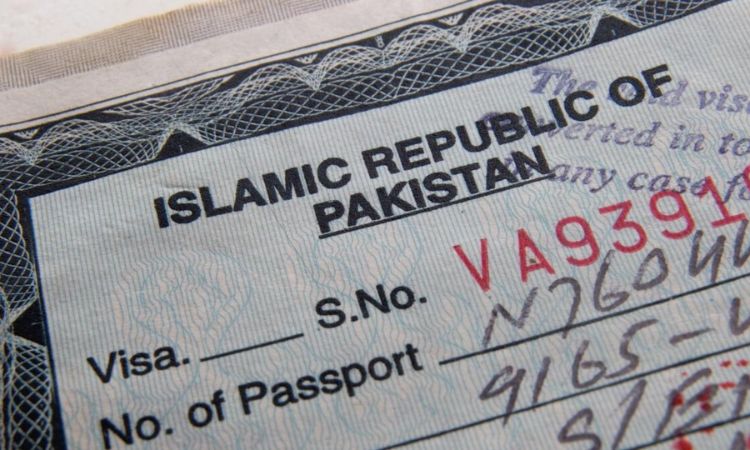Pakistan has introduced a thinking visa policy, with the goal of revitalizing its economy by attracting businesses. This policy, which was introduced by the Special Investment Facilitation Council (SIFC) simplifies the process of issuing visas to entrepreneurs through a document. The SIFC also places importance on strengthening relations, with stakeholders and expanding Chinese investments beyond the China-Pakistan Economic Corridor (CPEC).

In a strategic move aimed at rejuvenating its struggling economy, Pakistan has introduced a fresh visa policy, specifically tailored to entice international business communities to invest in the nation.
This momentous decision was forged during a two-day consultation meeting held under the auspices of the Special Investment Facilitation Council (SIFC), a distinctive entity that blends civilian and military expertise.
Initially established during the tenure of the former Shehbaz Sharif government, the SIFC was created to address Pakistan’s pressing economic challenges.
Caretaker Prime Minister Anwaar-ul-Haq Kakar, presiding over the fifth apex committee meeting of the SIFC, unveiled this groundbreaking development via a pre-recorded message. He disclosed that Pakistan had sanctioned a more accessible visa framework for foreign entrepreneurs keen on exploring business prospects within the country.
What does the new visa policy entail? Under this innovative policy, foreign businesspeople will be eligible for visas based on a single document issued by their home countries or international business organizations. “Should Pakistan’s chambers of commerce or business entities furnish a document for a foreign businessperson, expedited visa issuance will follow,” stated Caretaker Prime Minister Kakar. He expressed optimism that this new visa regime would usher Pakistan into a new era of economic vitality.
In a subsequent press conference, held in conjunction with other ministers, Caretaker Foreign Minister Jalil Abbas Jilani revealed that the SIFC had also deliberated on Pakistan’s diplomatic relations with key global players, such as China, the United States, and various Middle Eastern countries.
Particularly noteworthy is the interest expressed by the Gulf Cooperation Council (GCC) nations, comprising Bahrain, Kuwait, Oman, Qatar, Saudi Arabia, and the United Arab Emirates, in engaging with the investment council.
Conversely, Law Minister Ahmad Irfan Aslam, in a newspaper interview, acknowledged that unlike the substantial investments from China in the China-Pakistan Economic Corridor (CPEC), Western nations had not yet made definitive commitments to the SIFC.
He clarified that the SIFC and CPEC operated within distinct scopes and sectors for Chinese investments. While CPEC primarily focuses on infrastructure, roads, and energy projects, the SIFC extends opportunities for Chinese investments in minerals and other sectors beyond the corridor project.















